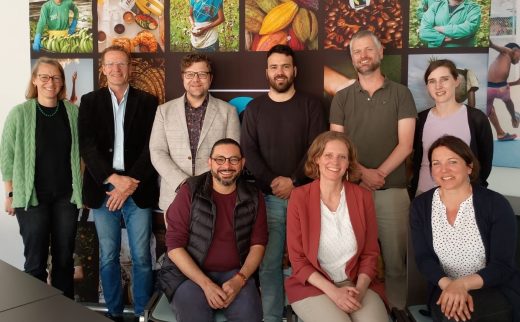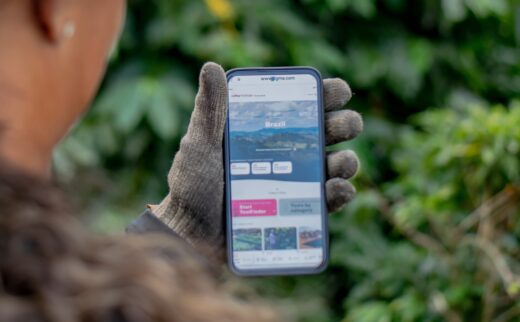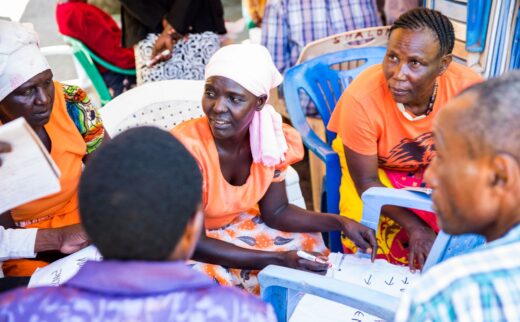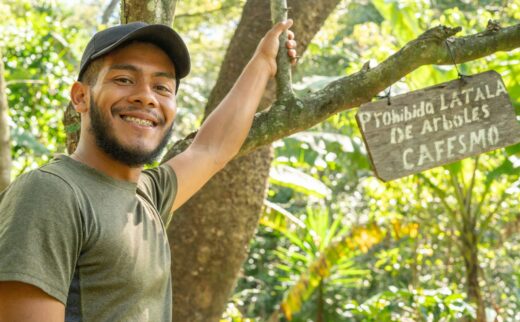Closing The Gender Gap in Coffee Production
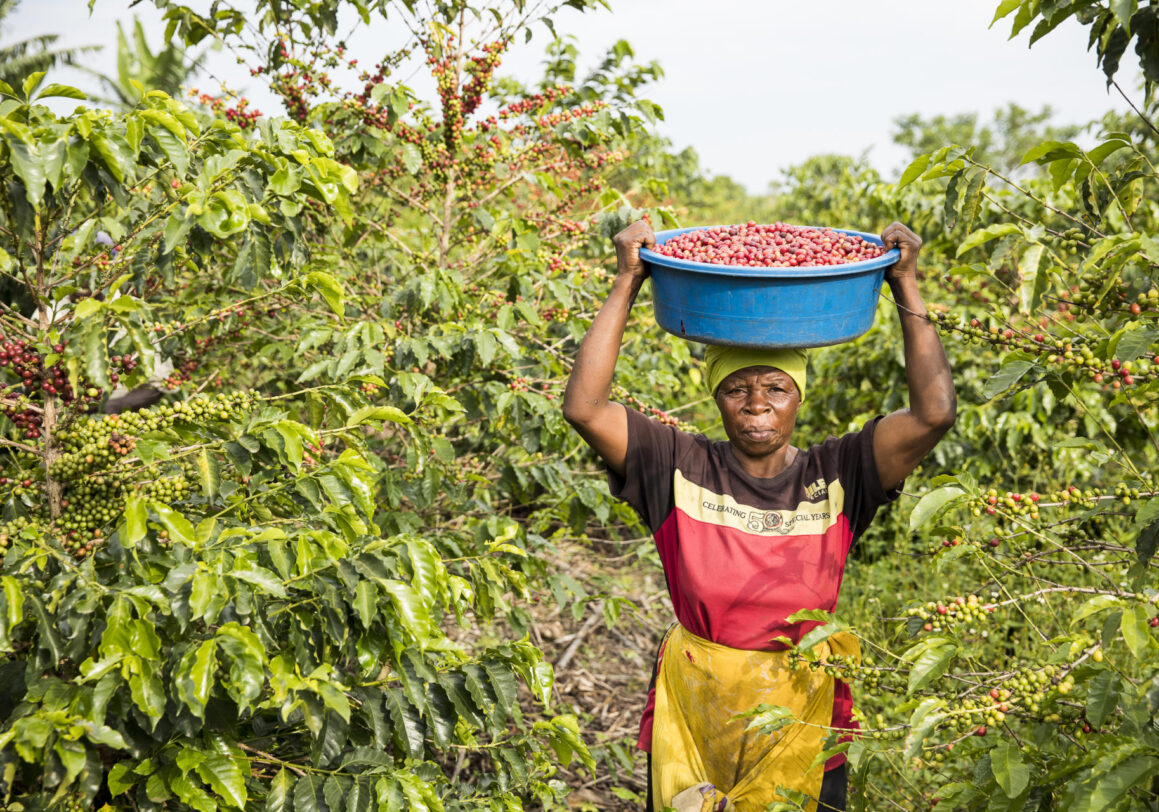
Climate change is putting a strain on coffee production and the greatest impact is faced by smallholder farming families who depend on the lucrative cash crop for their livelihoods. Frankly, it is women, more than men, who are at the center of the struggle. This is not only because women do up to 90% of the agricultural work on farms, but also because women are disadvantaged by patriarchal norms and traditions that give them less access to opportunities and decision-making power than men. These disadvantages increase women’s vulnerability to climate change while reducing their ability to manage the impacts of climate change.
gender disparities
In East Africa, women are generally responsible for running households and working on farms. This entails walking long distances to collect firewood and fetch water. This significantly increases women’s workload leaving them with little time to attend training about climate-smart agricultural practices. Women are also typically excluded from planning and decision-making within their households because of the patriarchal nature of the family structure. This ultimately weakens the economic progress of women and limits the development of their families.
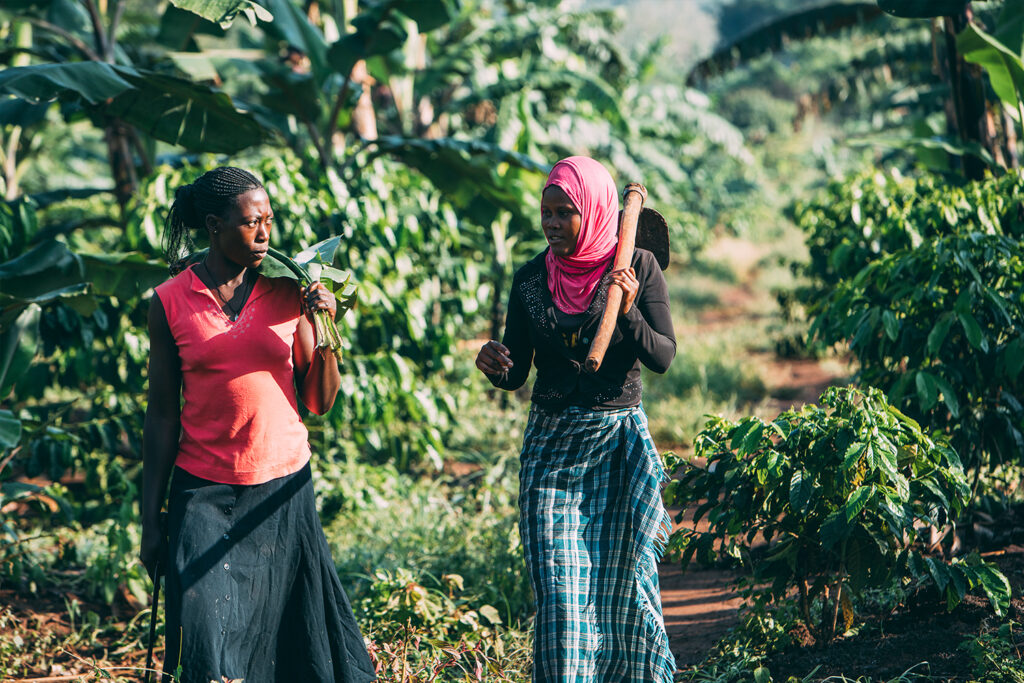
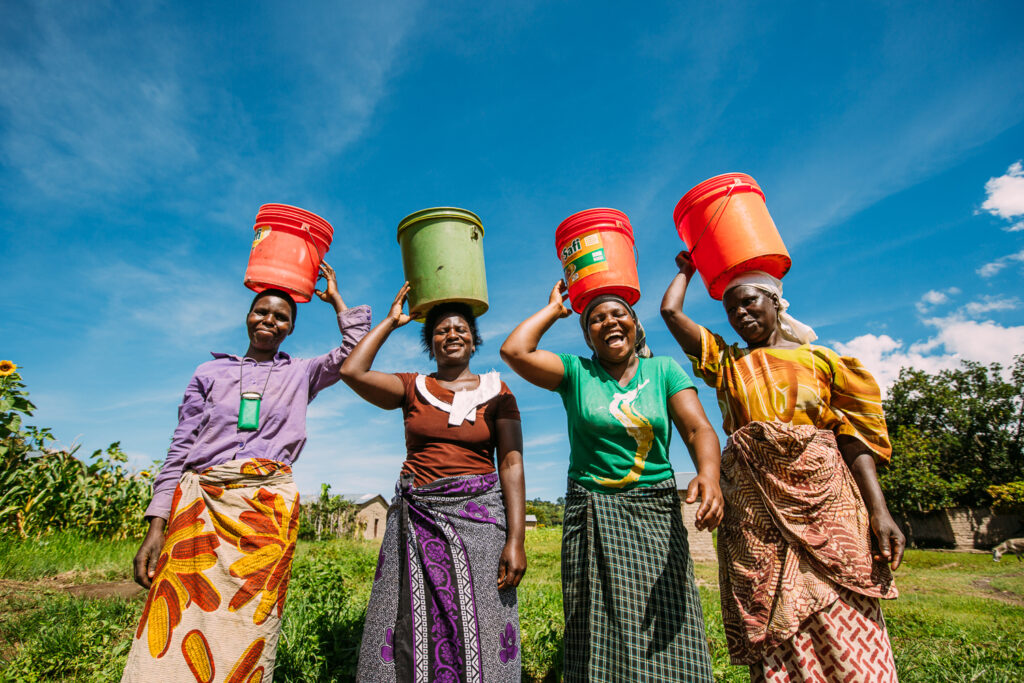
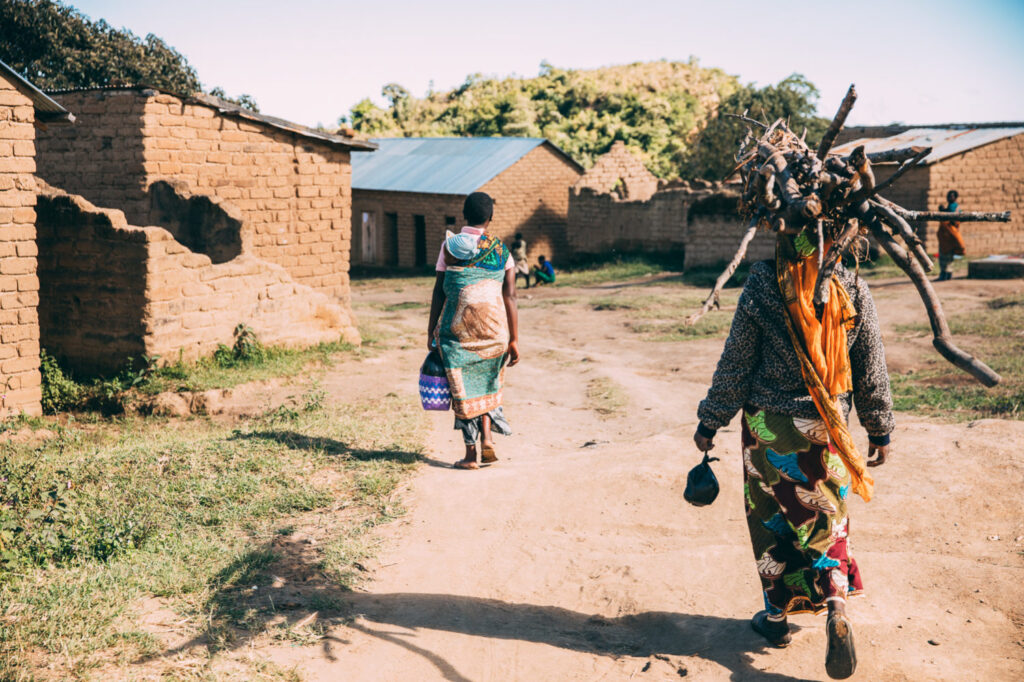
Fetching water, caring for children, collecting firewood, and working on the farm are women’s daily tasks in East Africa
CLIMATE ACTION MUST INCLUDE THE PROMOTION OF GENDER EQUALITY
These gender disparities make it clear that climate action must include the promotion of gender equality at the household and farmer organizational levels. Therefore, the initiative for coffee&climate (c&c) is integrating gender into its climate action in East Africa. Through our implementing partner Hanns R. Neumann Stiftung (HRNS), we are conducting gender training sessions in Tanzania and Uganda.
The gender training encourages men to share domestic and farm labor with women to increase the implementation of climate-smart practices at household level. Additionally, men are encouraged to include women in decision-making about household expenditure to increase investments in time-saving technologies so that women can attend training in climate-smart practices.
At the same time, equipping leaders of farmer organizations with the knowledge, skills, and tools about how to combat the gender disparities that affect their work with farmers leads to more female members building their resilience to climate change and accessing leadership positions in farmer organizations. As leaders of farmer organizations, women can advocate for more women-friendly policies to grow female membership and thus, strengthen the production, climate resilience, and overall activities of the farmer organizations e.g. marketing, loan facilities, accessing genuine agricultural inputs etc.
TIME-SAVING TECHNOLOGIES
To enable women to attend climate adaptation training offered by HRNS, time-saving technologies are key. These include more efficient cooking stoves and domestic water harvesting tanks. The efficient cooking stoves save women time as the amount of firewood that they need to work is significantly less. This relatively cheap energy alternative to firewood is more beneficial because it decreases the rate of deforestation.
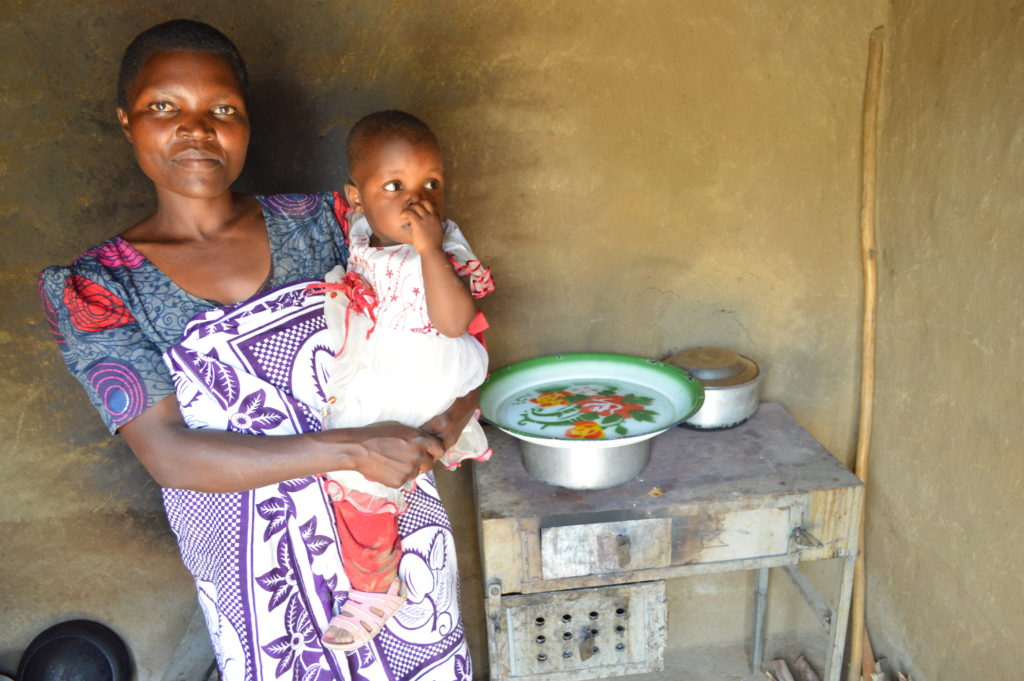
Domestic water harvesting tanks enable the storage of rainwater which saves women from having to walk long distances to fetch water daily. The time saved allows women more frequent participation in training on climate-smart practices. They can also follow their interests and diversify the household’s income which creates higher resistance of the farm to climatic impacts such as droughts or floods.
In Tanzania, a retired pastor, called Tukupasia Bugali and her husband are among many farmers who have accessed gender training from c&c. They were also given a water tank and a clean cooking stove through the project.
“The tank is extremely helpful to our household, and it makes irrigation easier. It has also enabled us to begin a coffee nursery of wilt-resistant coffee seedlings because irrigation is easier.” – Tukupasia Bugali
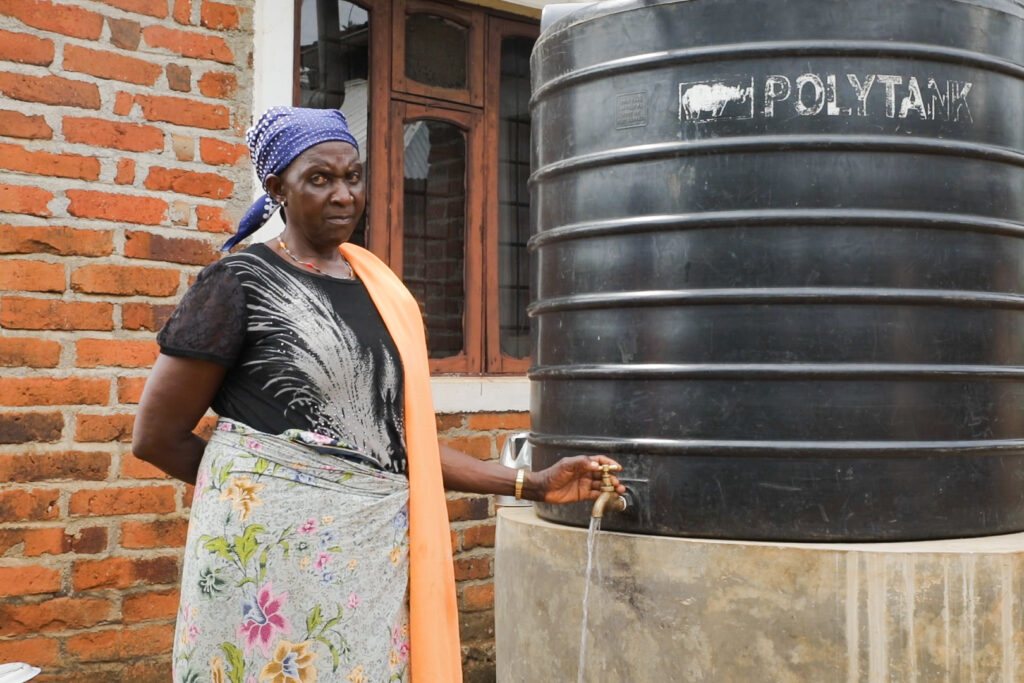
In Uganda, solar dryers are amongst some of the time-saving technologies identified as suitable for smallholder farming households. Currently, women who are generally tasked with post-harvest responsibilities are drying coffee on the ground. This reduces the coffee quality as it mixes with dust and is susceptible to molding when it rains. Using solar dryers will save women time as they won’t have to repeatedly cover their drying coffee during unpredictable rains.
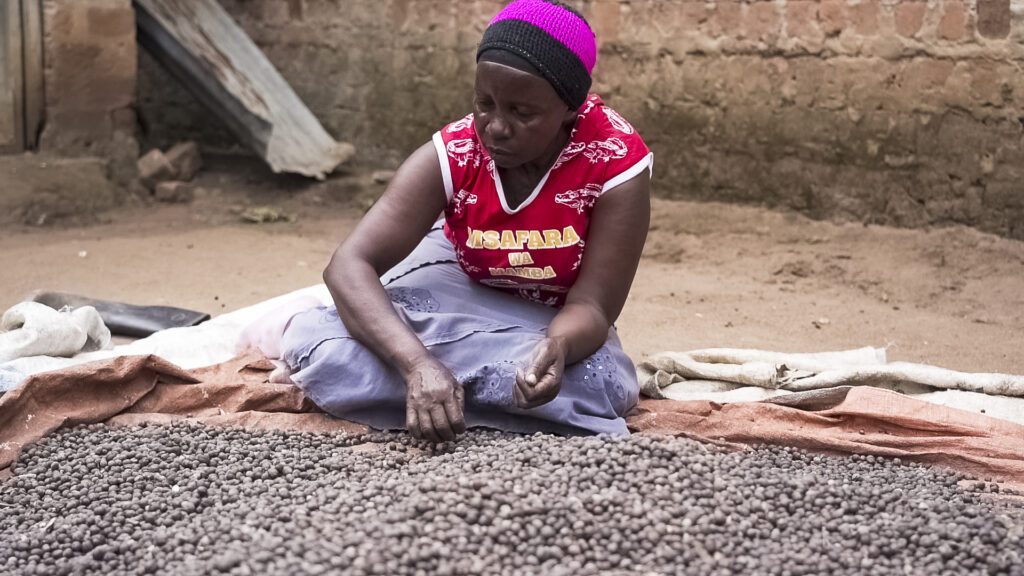
Initial discussions have been held between the c&c Coordinator in Uganda, Victor Komakech, and the National Coffee Research Institute (NaCORI) to identify the best and most affordable solar dryer designs for smallholder farming households.
“Once rolled out, solar dryers and raised drying racks will enable farmers to efficiently dry their coffee cherries, avoid molding during the sporadic rainy seasons and save time. Additionally, the solar driers can be used to dry other crops such as maize, cassava, and fruits for value addition and income diversification of the households.” – Victor Komakech
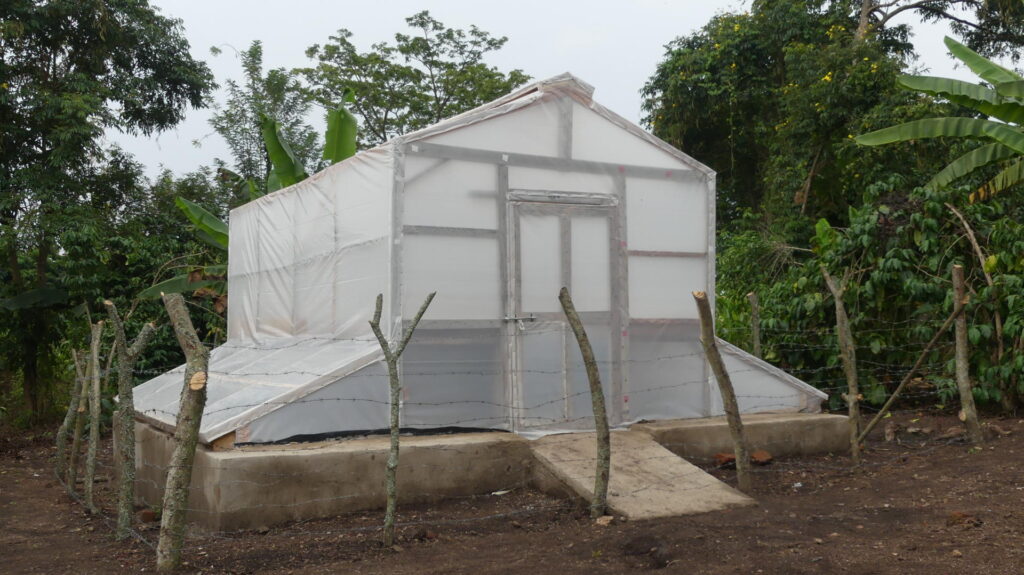
Solar dryers for coffee, maize and fruits
THE VALUE AND POTENTIAL OF WOMEN FOR CLIMATE ACTION
Although women are more vulnerable to the impacts of climate change than men, on the contrary, they also have the power to effect change. If given the chance to attend training on climate-smart practices, women generally take up climate-smart farming practices better than their male counterparts. Additionally, when women are included in household decision-making, they can improve household expenditure increasing the likelihood of investments in time-saving technologies and climate-smart tools and technologies. If included in the leadership of farmer organizations, women can also positively influence and affect policies so that more women become members and participate in activities and training on climate-smart practices. For these reasons, c&c will continue to integrate gender into its climate change interventions in East Africa.
